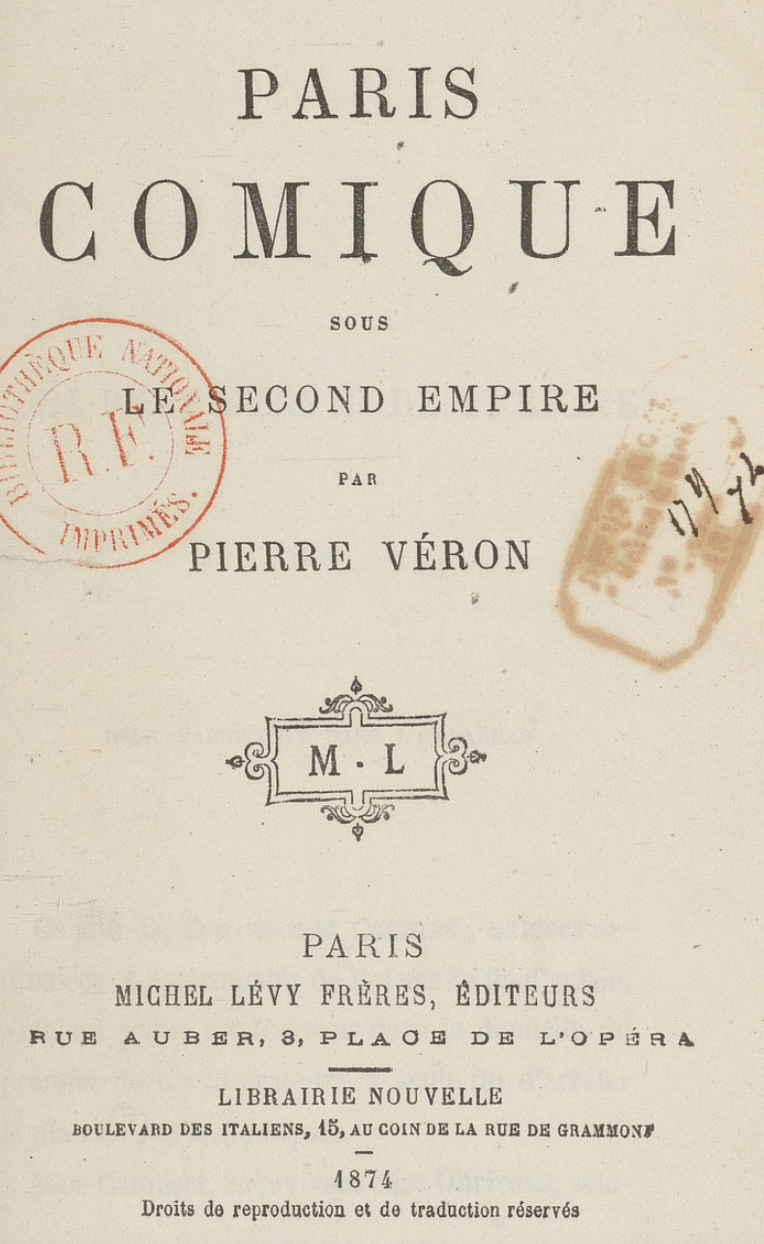European Commission Excludes Philippines from High-Risk Money Laundering List

The European Commission, the executive body of the European Union (EU), has officially removed the Philippines from its list of high-risk countries monitored for money laundering and terrorism financing. This decision, announced on June 12, 2025, aligns the Philippines with a group of nations, including Barbados, Gibraltar, Jamaica, Panama, Senegal, Uganda, and the United Arab Emirates, which have also been delisted from the EU’s updated high-risk jurisdictions list.
The European Commission's statement highlighted the significance of this decision, noting that it reflects the country's progress in complying with the Financial Action Task Force's (FATF) recommendations. The FATF, an intergovernmental organization founded in 1989, sets international standards aimed at combating money laundering and terrorist financing. The Commission stated, "The updated list takes into account the work of the Financial Action Task Force, particularly its list of ‘Jurisdictions under Increased Monitoring.’”
Dr. Sarah Johnson, a Professor of Economics at Harvard University, pointed out that the removal from the high-risk list is a positive development for the Philippines. She noted, “This change could enhance international confidence in the Philippines’ financial system and attract foreign investments. Compliance with FATF standards is crucial for economic stability.” This sentiment is supported by Eli Remolona Jr., Governor of the Bangko Sentral ng Pilipinas (BSP), who commented, “This is good news, but we will still need a yes vote by the EU Parliament.” The EU Parliament is responsible for approving or ratifying actions taken by the European Commission, underscoring the importance of legislative support for the Philippines to fully benefit from this designation.
In February 2025, the FATF announced that the Philippines was no longer under increased monitoring, often referred to as the “grey list.” This decision was based on the country’s progress in addressing the deficiencies in its anti-money laundering (AML) framework. The FATF indicated that the Philippines had made significant strides in implementing recommended reforms, asserting that the country had successfully adhered to an action plan agreed upon with the organization.
The implications of this delisting are profound. According to the International Monetary Fund (IMF), countries removed from high-risk lists tend to experience a boost in foreign direct investment (FDI) and improved economic growth due to increased trust from international financial institutions. A report published by the World Bank in 2023, titled “Financial Integrity and Economic Development,” emphasizes that compliance with international standards significantly diminishes the risks of illicit financial flows, thereby enhancing economic prospects.
Despite the positive outlook, experts caution that vigilance must be maintained. Dr. Michael Thompson, a financial compliance expert at the University of London, stated, “While this delisting is a commendable achievement, the Philippines must continue its efforts to maintain compliance with international AML standards to prevent any potential re-listing.”
The European Commission's updated high-risk list also included several new countries such as Algeria, Angola, Côte d'Ivoire, Kenya, Laos, Lebanon, Monaco, Namibia, Nepal, and Venezuela. The Commission clarified that EU entities involved in financial transactions with these nations are required to apply enhanced vigilance, reflecting the EU’s commitment to safeguarding its financial system from risks associated with money laundering and terrorism financing.
In conclusion, the removal of the Philippines from the EU’s high-risk list represents a significant milestone for the nation’s financial reputation on the international stage. As the country navigates the legislative processes within the EU Parliament, the focus will now shift to sustaining compliance with global standards, ensuring that this advancement translates into tangible economic benefits for the nation’s growth and development in the years to come.
Advertisement
Tags
Advertisement





